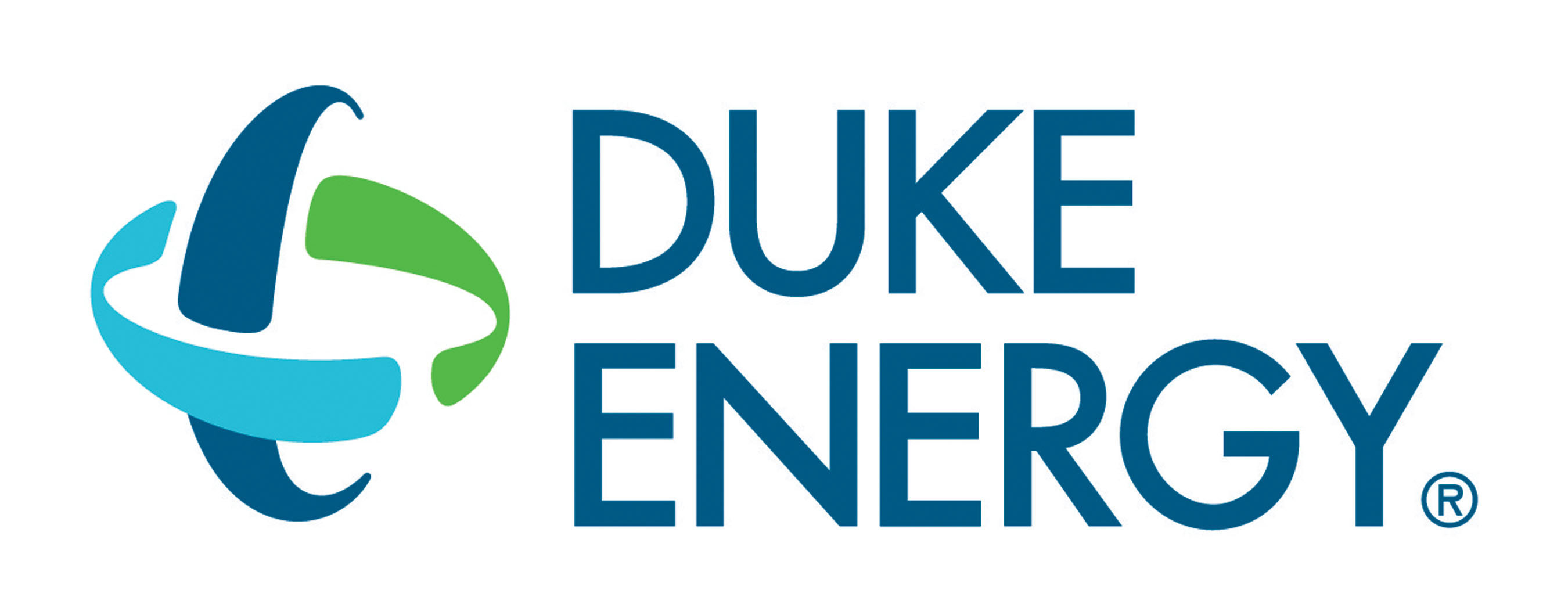Collaborative Distributed Energy Management Systems (CoDEMS)

Typically, the distributed energy resources (DER) are controlled by the utility distribution management system (DMS) or DER management system (DERMS). If hosted by microgrid, the microgrid energy management system (MG-EMS) will be added between the DMS/DERMS and DERs. This type of top-down hierarchical control chain is heavily constrained by the communication latency, quality, bandwidth, and availability. These systems are not positioned to embrace the DER boom and will be a bottle-neck for undergoing DER integration. The solution to the scalability is decentralization. Current academic and industry efforts are made to push control to the “edge”, namely on on-site DERs. With built-in edge autonomy in DERs, they can seamlessly work together and the system becomes more scalable. Another downside of the conventional centralized control scheme is the lack of resilience against natural and man-made disasters. The typical industry practice for resilience is by adding redundant central controllers. However, this redundancy is expensive yet cannot rapidly restore electric service in parallel. Therefore, the distributed control technologies have attracted significant academic and industry attention in recent years. Our lab has been developing distributed EMS, called Collaborative Distributed Energy Management Systems (CoDEMS), since 2008.
Publications:
[1]Z. Cheng, J. Duan, and M.-Y. Chow, “To Centralize or to Distribute: That Is the Question: A Comparison of Advanced Microgrid Management Systems,” EEE Ind. Electron. Mag., vol. 12, no. 1, pp. 6–24, Mar. 2018, doi: 10.1109/MIE.2018.2789926.
[2]N. Rahbari-Asr, Y. Zhang, and M.-Y. Chow, “Consensus-based distributed scheduling for cooperative operation of distributed energy resources and storage devices in smart grids,” IET Generation, Transmission & Distribution, vol. 10, no. 5, pp. 1268–1277, Apr. 2016, doi: 10.1049/iet-gtd.2015.0159.
[3]Y. Zhang, N. Rahbari-Asr, J. Duan, and M.-Y. Chow, “Day-Ahead Smart Grid Cooperative Distributed Energy Scheduling With Renewable and Storage Integration,” IEEE Trans. Sustain. Energy, vol. 7, no. 4, pp. 1739–1748, Oct. 2016, doi: 10.1109/TSTE.2016.2581167.
Sponsor:







